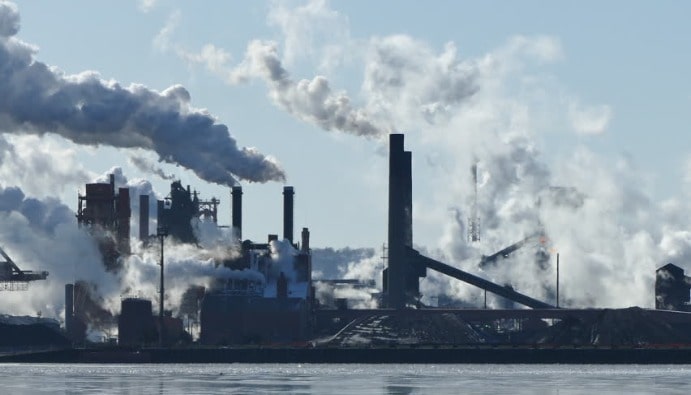
BLOG
KATEGORİDEKİ DİĞER YAZILAR

Emission is defined as the air pollutants emitted from a facility into the atmosphere, resulting from the combustion of fuel and the like. Emission measurements are important analyses to protect air quality, sustain environmental health and control pollutants that threaten human health. These measurements are applied to determine the amount of harmful gases released into the atmosphere by industrial facilities, vehicles and other sources. Determining pollutants such as carbon dioxide (CO₂), sulphur dioxide (SO₂), nitrogen oxides (NOₓ) and volatile organic compounds (VOCs) is critical to controlling air quality.
Emission measurements provide the necessary scientific data for the control and regulation of environmental pollution. Air pollution poses a major threat with its negative impacts on climate change and human health. With emission analysis, these threats can be controlled in the following ways:
Emission measurements are carried out within the scope of the “Regulation Amending the Regulation on the Control of Industrial Air Pollution”. The purpose of this Regulation is to control emissions in the form of soot, smoke, dust, gas, vapor and aerosol emitted into the atmosphere as a result of the activities of industrial and energy production facilities; to protect people and their environment from the dangers arising from pollution in the air receiving environment; to eliminate the negative effects that cause significant harm to the public and neighborhood relations arising in the environment due to air pollution and to determine the procedures and principles for preventing the emergence of these effects.
Nanolab Laboratories Group continues to provide services within the scope of Emission Measurements. We also provide services in Emission Measurements.
Contact us for more information.
You can follow us on LinkedIn for up-to-date news and posts about our services.
Follow our Instagram account to be informed about our latest blog posts.